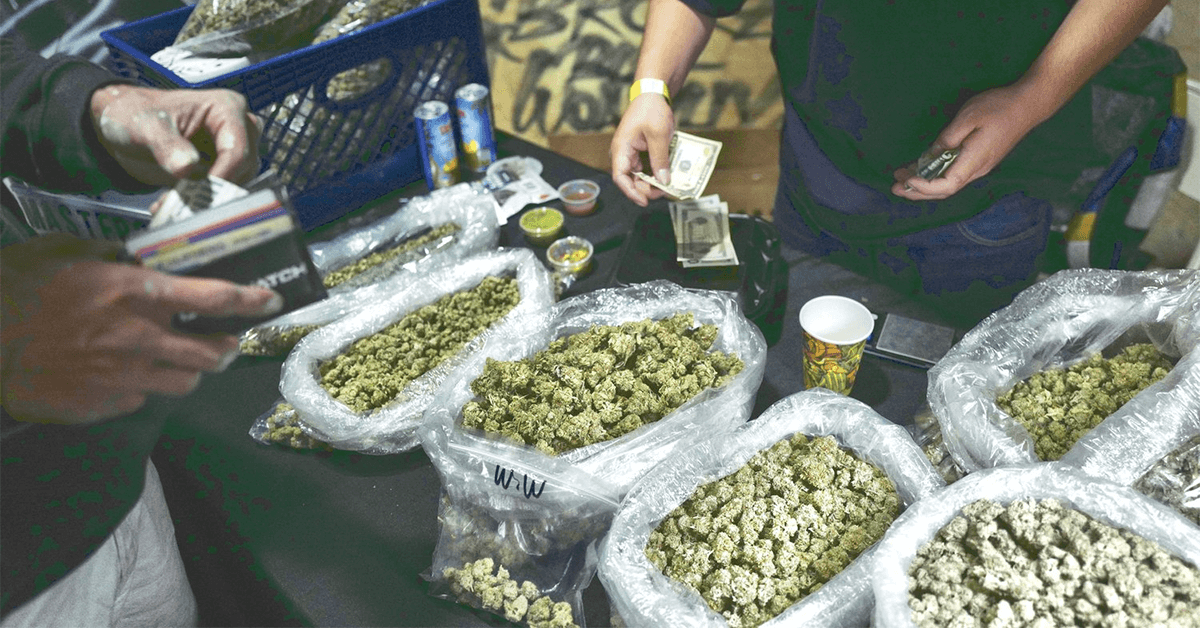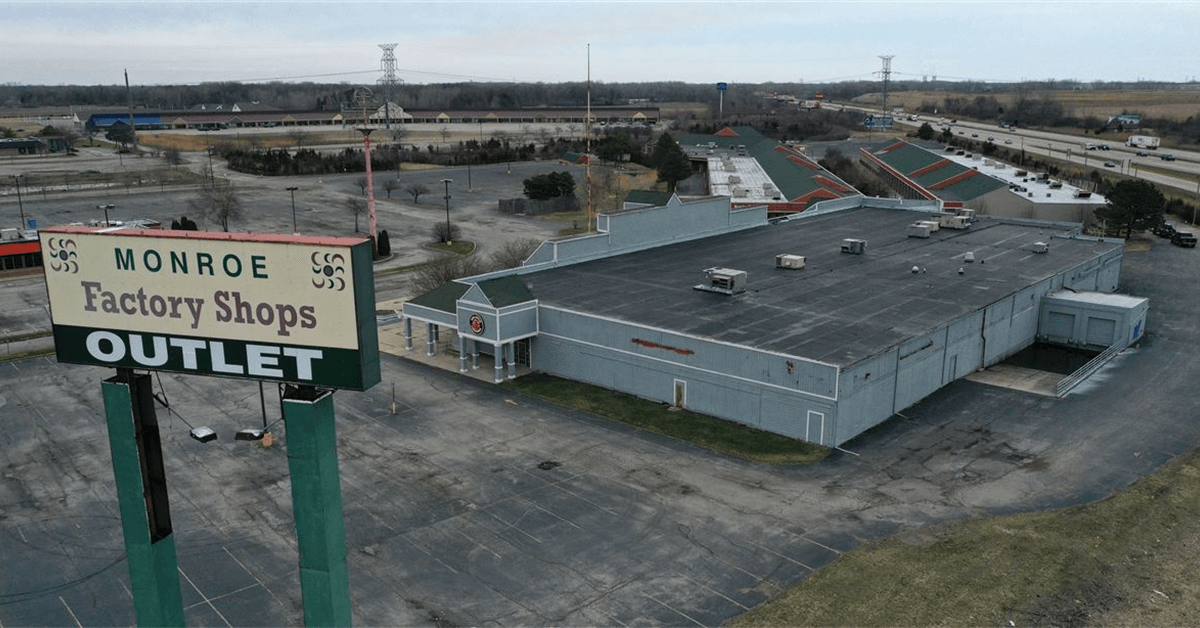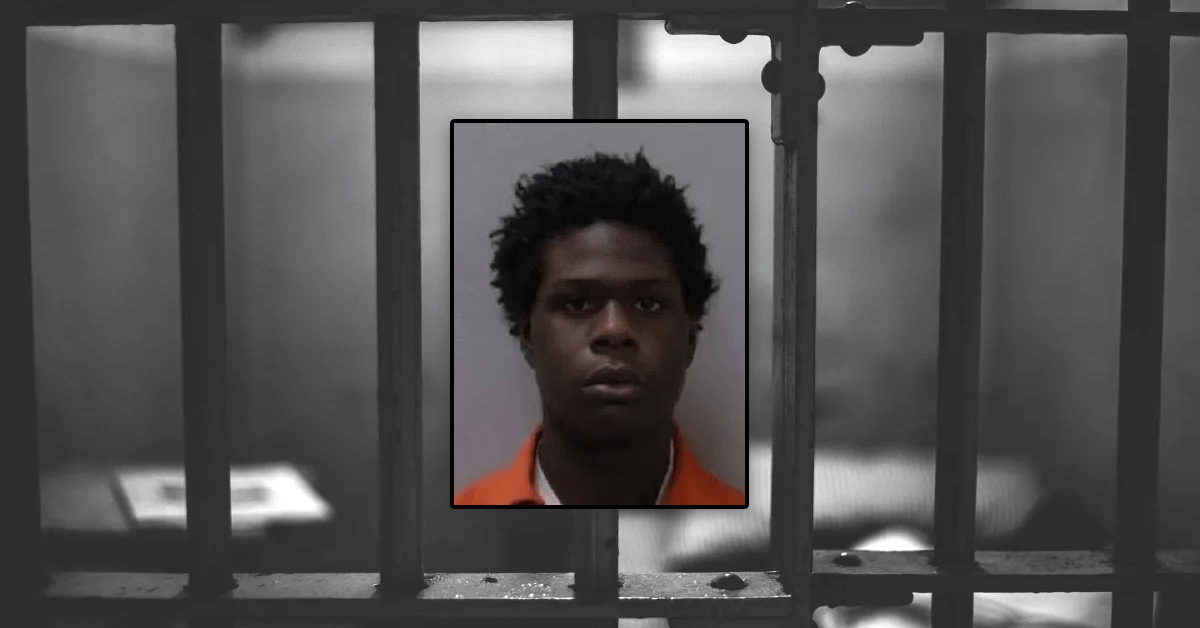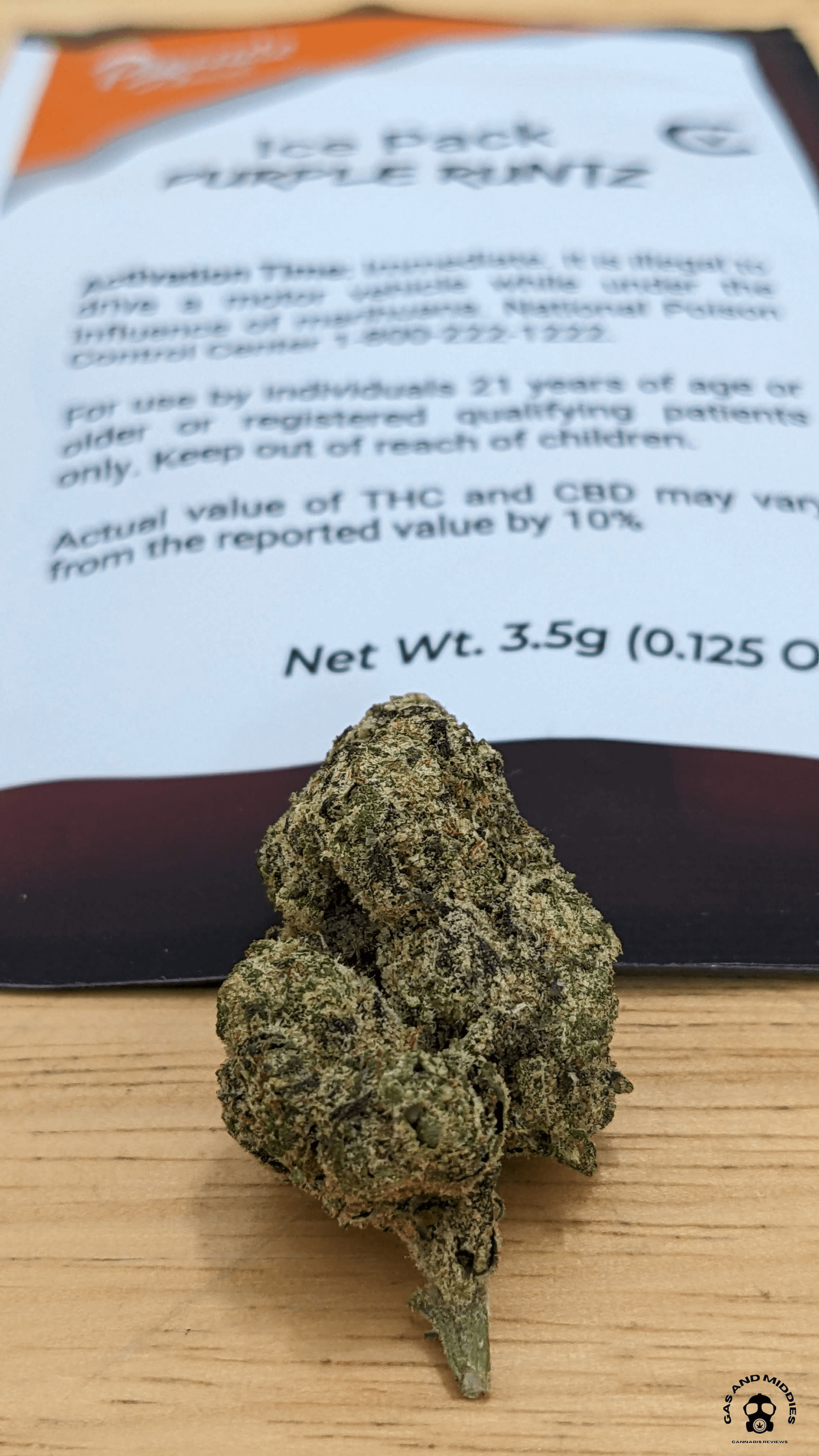Navigating Price and Quality Challenges in Michigan's Cannabis Market

In the burgeoning landscape of Michigan's legal cannabis market, a shift is noticeable from the days of caregiver-operated stores that championed the motto, "Good weed ain't cheap, and cheap weed ain't good." During the pre-legalization era, with around 90 retail stores in Lansing alone, the absence of regulatory barriers enabled a fiercely competitive environment. This often led retailers to slash prices, though not to the rock-bottom levels observed today.
Conversely, a segment of operators concentrated on enhancing product quality. These businesses invested in superior additives for cultivation, ensured plants were properly cured, and focused on critical quality indicators such as taste, terpene profiles, and overall effects. As is generally true, quality came at a higher cost. Unlike today's large-scale legal operators, caregivers worked on a smaller scale, somewhat cushioned by the lack of regulatory fees, yet they could not match the production output we see in the current market.
The state also experienced variable access to the market, driven by differing municipal enforcement levels against gray-market dispensaries. This variability allowed cities like Flint, Lansing, Detroit, and Traverse City to emerge as cannabis hubs without saturating the market, thus maintaining price stability that paralleled the traditional illicit market.
However, the landscape has drastically changed. The push for lower costs has initiated a "race to the bottom" in terms of both quality and price. Many producers now resort to using ozone or radiation to treat their cannabis, aiming to maximize profitability. Remarkably, during recent holiday sales, several retailers reported just breaking even.
This inequality in market access persists in the legal framework, as municipalities decide on the presence of cannabis businesses in their communities. Despite a greater number of retailers and a more even distribution across Michigan, the dynamics of market access have significantly evolved.
The rise of well-capitalized corporate entities has further transformed the market. These companies, driven by a quest for market share, are well-prepared for dramatic price fluctuations, spurred by an increase in cultivation capacity following legalization. Michigan's relatively laissez-faire approach to cannabis has enabled numerous operators to enter the cultivation arena, leading to an oversupply and intense competition for retail market share.
For consumers, this means lower prices—often below the cost of production—which, while increasing accessibility, raises questions about the long-term impacts on the market and community. Many small operators struggle to compete with these artificially low prices.
In the alcohol industry, Michigan has set minimum shelf prices, a measure that has supported the craft sector by stabilizing pricing against larger competitors. Growing voices within the cannabis industry suggest that a similar approach might be beneficial for cannabis, potentially curbing predatory pricing practices of large operators and fostering higher quality standards.
As discussions about introducing minimum pricing on cannabis gain traction, it could represent a significant step towards a more sustainable industry, benefiting both small and large operators and ensuring a diverse, quality product range for consumers. Even in the absence of such regulations, it is worthwhile for consumers to consider the broader implications of their purchasing choices within the cannabis market.
New Life for Monroe Outlet Center with Cannabis Operations

In Monroe Charter Township, Michigan, a transformation is taking place at the long-neglected Monroe Factory Shops on LaPlaisance Road. Once bustling with retailers and eateries, the area had succumbed to vacancy and disrepair. However, thanks to a change in direction led by local entrepreneur Chris Harter, the site is set to become a new hub for cannabis cultivation and retail.
Originally known as the Manufacturers Market Place, and later as the Horizon Outlet Center, the 22-acre site had seen better days with its primary retail space mostly abandoned since 2015. As nearby fast-food outlets closed one by one, the area seemed destined for continued decline. However, Harter, a Monroe native with business ties in both Michigan and Atlanta, saw potential for revival not through traditional retail, but through Michigan's burgeoning cannabis industry.
Harter's vision emerged following unsuccessful attempts to revitalize the outlet center with traditional retail formats. After Michigan legalized medicinal cannabis in 2008 and moved towards legalizing recreational cannabis in 2019, Harter pivoted towards transforming the site into a location suitable for growing and dispensing cannabis. His plan includes the establishment of at least two cultivation facilities and three dispensaries.
One of these dispensaries is set to occupy the former Burger King building, with substantial renovations already underway to repurpose the internal spaces for their new role. Harter's former business associates, now operating under Terra Lusso LLC, have committed to developing 15,000 square feet of the center for similar purposes. Additional groups involved include a collaboration between a Toledo real estate investor and a Detroit celebrity, as well as another led by a Detroit businessman.
While nearly 70 percent of the site's space has been pre-leased, all tenants are currently in a holding pattern as they await the passing of local ordinances crucial for operational guidelines and community safety standards. The legislative process faced delays after initial attempts to pass the necessary ordinances were met with local resistance and procedural setbacks.
Monroe Charter Township Supervisor Alan Barron is optimistic about the project's impact, suggesting that the presence of dispensaries might catalyze further commercial activity, drawing in additional businesses and potentially replicating the multi-attraction draw seen in tourist locations like Frankenmuth, Michigan.
As the township works towards finalizing the marijuana ordinances, with key meetings and hearings scheduled across the coming months, the project's progress reflects a broader trend of repurposing underutilized retail spaces to accommodate new industries. This development not only promises a revival of the once-thriving outlet center but also represents a significant shift in local business dynamics, potentially setting a precedent for similar transformations elsewhere.
Innovative Solar Project in Marquette Township Funded by Cannabis Excise Taxes

Marquette Township in Michigan has recently unveiled an innovative, ground-mounted solar energy system (SES) at the township hall, funded partly by state cannabis excise tax revenues. This initiative is part of the township's broader efforts to embrace sustainability and use unexpected fiscal benefits for community improvement projects.
Installed by Peninsula Solar, the system was designed with the unique challenges of northern climates in mind. The 20.16 kW solar array features a proprietary racking system that allows it to tilt on a vertical axis, facilitating snow shedding in winter and maximizing energy production year-round. The bifacial panels employed in the system can absorb light from both sides, enhancing the output by capturing reflected light from the snowy ground.
The SES project was made financially feasible through a federal program that offers a 30% direct reimbursement to municipal and non-profit organizations installing solar energy systems. Marquette Township's decision to allocate unanticipated cannabis tax revenue towards this project underscores an innovative approach to utilizing these funds. These revenues, derived from the local licensed cannabis facilities, are not regularly included in the township's budget, providing a flexible financial resource for beneficial community-oriented projects.
Jon Kangas, the Marquette Township manager, emphasized that such projects, while highly desirable, typically fall outside the essential needs category. By channeling these additional funds into the SES, the township aims to decrease long-term energy costs at the township hall, thereby extending financial benefits to taxpayers.
The investment in the solar system is expected to yield a return within 10 to 14 years. Additionally, the system includes 3-phase inverters that facilitate grid interconnection, allowing the township to feed excess power back to the local power grid and receive credits, further enhancing the project's sustainability and cost-effectiveness.
Furthermore, the township plans to cultivate native plant species around the township hall to protect the new panels and promote ecological sustainability. These efforts reflect Marquette Township's commitment to both environmental stewardship and fiscal prudence, using innovative funding solutions to benefit the community.
Upcoming Federal Decision Could Reclassify Cannabis, Shifting Legal Landscape

In an ongoing federal review initiated by President Joe Biden in October 2022, there are signs that the U.S. may soon see a significant shift in the classification of cannabis under federal law. According to sources within the prohibitionist group Smart Approaches to Marijuana, a decision on cannabis rescheduling could be imminent, potentially happening within days. This move, sparked by a recommendation from the Department of Health and Human Services (HHS) made on August 29th, 2023, suggests shifting cannabis from a Schedule I to a Schedule III substance, which could fundamentally alter its legal status and implications.
Meanwhile, Michigan's legal landscape concerning cannabis continues to evolve, with the Michigan Supreme Court slated to hear a pivotal case on marijuana business licensing on May 8th. The outcome could influence the regulatory framework and operation of cannabis businesses within the state.
Amidst these developments, a secretive aspect of the federal review process has come to light involving the Department of Justice's Office of Legal Counsel (OLC). Reports indicate that the Health and Human Services Department has solicited the OLC's guidance on legal issues concerning the rescheduling of cannabis. This inter-agency consultation points to potential conflicts or complexities in the rescheduling process, especially given the contrasting stances of various federal bodies. The U.S. Drug Enforcement Administration (DEA), tasked with the final determination, reportedly remains skeptical about the medicinal benefits of cannabis, citing concerns over the potency of modern cannabis strains and the necessity for further research on its long-term health effects.
The OLC's involvement is particularly noteworthy due to its role in providing legal advice on significant governmental matters, often shrouded in confidentiality. This advisory role could decisively impact the rescheduling decision, given the OLC's authority to settle legal disputes within the executive branch.
Shane Pennington, an attorney with experience in federal cannabis policy, emphasized the potential influence of the OLC. Pennington, who has previously engaged in legal actions against the DEA regarding cannabis research, highlighted the secretive nature of the OLC and its capacity to issue binding legal opinions that could resolve or escalate inter-agency disagreements.
The broader implications of rescheduling cannabis extend well beyond the legal sphere. A shift from Schedule I to Schedule III would acknowledge the drug's potential medical benefits, significantly impacting the research landscape and possibly altering the business operations of the cannabis industry by easing some federal tax burdens.
This development aligns with broader shifts in public and political attitudes towards cannabis. Recent polls indicate increasing support for the legalization of cannabis for both medical and recreational use, reflecting a societal shift towards more permissive views on cannabis.
The rescheduling effort also intersects with legislative movements, such as the proposed SAFER Banking Act and the HOPE Act, which aim to facilitate the operation of legal cannabis businesses and address the historic injustices associated with cannabis prohibition.
As federal agencies, legal experts, and stakeholders await further developments, the potential rescheduling of cannabis remains a contentious and transformative issue at the nexus of public health, law, and policy.
Kalamazoo Man Charged in Deadly Shooting Stemming from Botched Cannabis Sale

In a somber update from Kalamazoo, 19-year-old Khymarus Pratt has been charged with the fatal shooting of 25-year-old Bader Mohamed Farwana. The incident, which occurred on the night of March 23rd, involved a tragic sequence of events stemming from what began as a purported drug deal.
According to police records, the Kalamazoo Department of Public Safety was called to a scene on the 900 block of Jackson Street near Sheldon Street around 11:26 p.m., following reports of a vehicle accident. Upon arrival, officers discovered Farwana unresponsive in the driver's seat of his car, initially presumed to be involved in a crash. However, it soon became apparent that Farwana had sustained a gunshot wound to the chest, leading to his death shortly after the discovery.
Investigations revealed that Farwana had intended to sell cannabis valued at $50 to an acquaintance from Snapchat, who directed him to Pratt's residence on Russell Street. Court documents suggest that Pratt never intended to buy the cannabis but instead planned to steal it. After a failed transaction attempt using CashApp, Farwana was lured back to the location with a promise of rectifying the payment issue.
When Farwana returned, Pratt allegedly approached his vehicle and shot him through the driver-side window, ultimately leading to Farwana's death. Pratt is reported to have collected the spent shell casing, boasted about the shooting to friends via messages, and disposed of the weapon by giving it to a friend for the night.
Khymarus Pratt was arraigned on charges of open murder and felony firearm. He is currently being held without bond and is expected back in court for further proceedings early in May.

Adding to the tragedy, Farwana, a father to a one-year-old daughter and a prospective professional martial artist, was remembered by his family for his strong Palestinian roots and ambitions. He had been pursuing studies in information technology and had expressed pride in his heritage, planning to fly the Palestinian flag in an upcoming fight.
The case has cast a somber light on the risks associated with illegal drug transactions and the devastating impact of gun violence on communities. A GoFundMe page established to support Farwana's family and daughter has raised significant contributions, reflecting the community's response to this tragic event.
Exploring the Chill Vibes of Ice Pack - Purple Runtz with Icewear Vezzo

In a unique collaboration that merges music and marijuana, Detroit rapper Icewear Vezzo partnered with Pressure Pack to release the Ice Pack - Purple Runtz strain, coinciding with the launch of his mixtape Rich Off Pints 3. Known for his powerful street raps, Vezzo emphasizes the thoughtful and patient development process behind this collaboration, highlighting its careful crafting much like his music.
Pressure Pack, a well-regarded Michigan cultivator, is celebrated for its expansive strain selection and commitment to premium quality. Purple Runtz is one of their standout offerings alongside another collaboration with Vezzo, Gelato 41. With a promise of delivering Michigan's finest, the strain boasts impressive stats with a THC content of 29.78%, and is revered for its euphoric and uplifting effects.
The Purple Runtz strain offers a long-lasting, smooth smoke with a fruity flavor profile reminiscent of sweet candy, making it an excellent choice for those looking to alleviate stress and anxiety. Despite the strain's visually unexpected lack of purple, it makes up for it with its potent Runtz terpenes and a delightful twist of 'purp' in taste, though not explosively flavorful.

While many rapper-endorsed cannabis products simply ride the fame of their namesakes, this collaboration stands out by delivering a truly unique experience, reflected in its intricate terpene profile and quality. This strain definitely brings something new to the table and is worth a try for those exploring the nuances of cannabis strains inspired by artists.
For the complete review and more information, visit Gas & Middies. Your source for Michigan cannabis reviews & information. Finding the gas ⛽ through all of the middies 🥱


 Helpful Links
Helpful Links